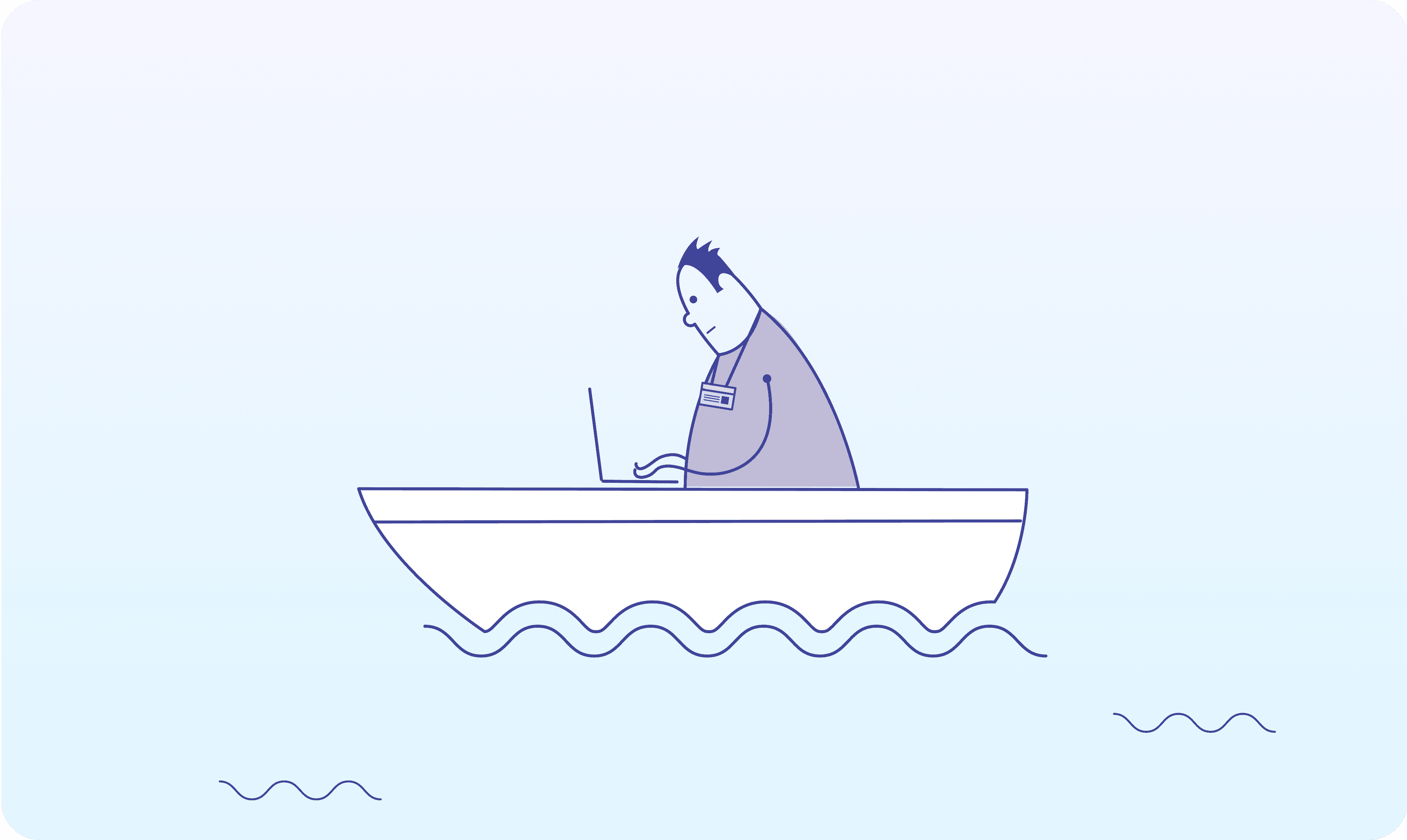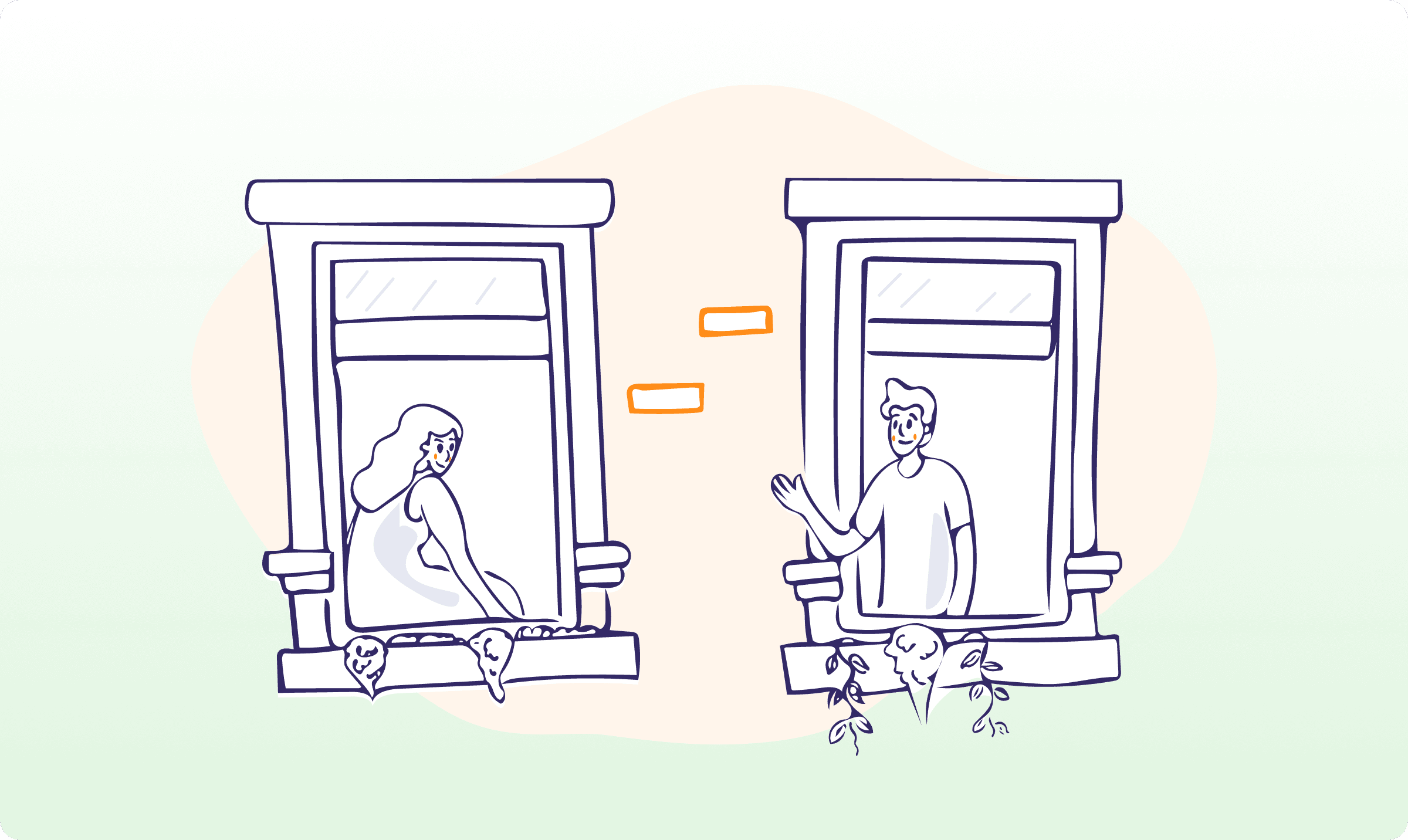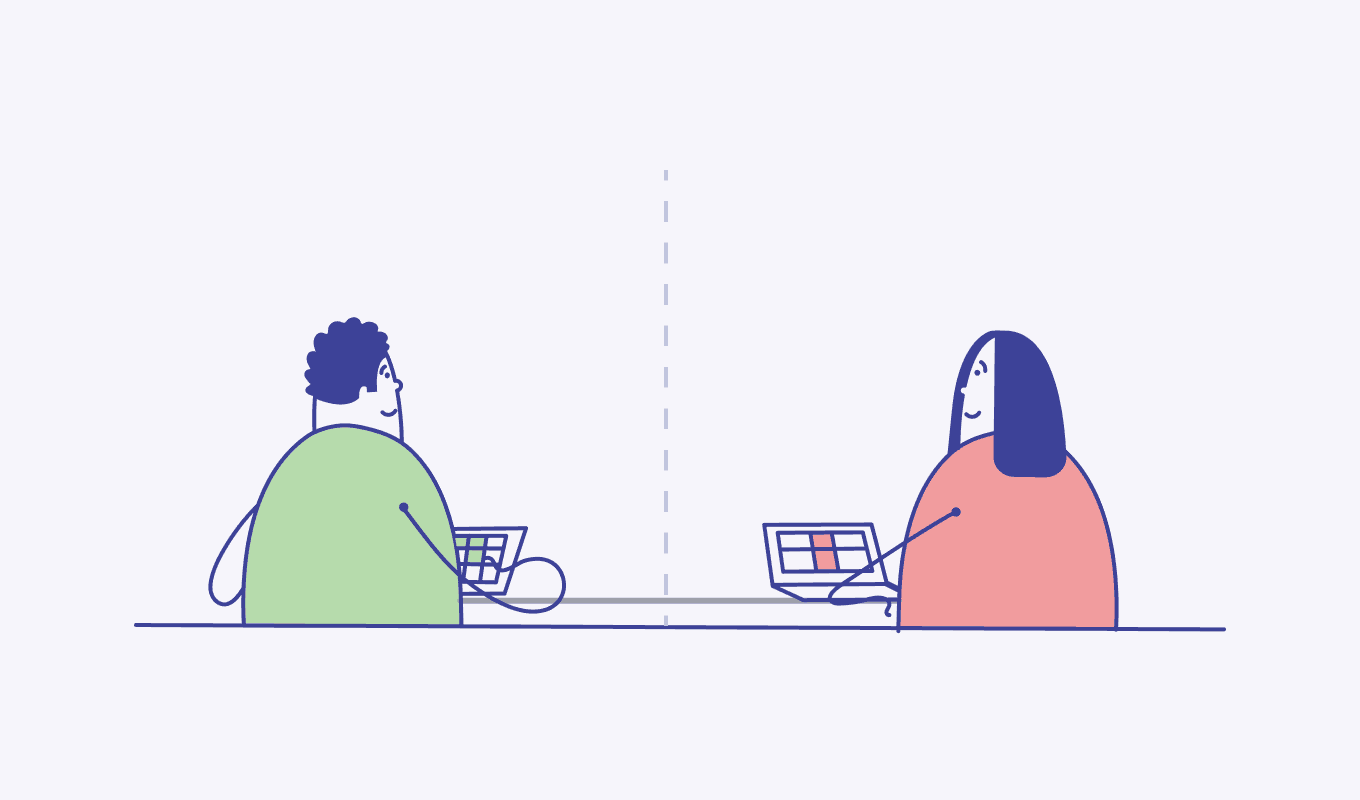How to disconnect from work when you're on leave
Dec 8, 2022

Take a sip of water for every point that applies: you check your emails or Slack messages even outside working hours. You work overtime quite a lot. Even on free days, you think about pending projects. When you have to introduce yourself to someone casually, you start with your job profile. When you try to "switch off", your mind still wanders back to work. So, how hydrated are you?
It's not just you; it's all of us. We'll be the first to admit it — it's hard to see how small habits like checking your emails after work can have consequences that doomsayers would have a field day with. But all of them cater to the mentality that work should be everyone's top priority, that breaks and rest are only for when you have free time. Disengaging from work is easier said than done.
And yet—as all difficult things tend to be—it's important. Research shows that if people can't disconnect from work and recuperate, it could lead to higher rates of burnout, lower productivity, and lower employee retention in organisations. On the other hand, people who can disconnect from work both physically and mentally experience:
lower work-centric fatigue
better productivity and lower procrastination
more satisfaction with life and at work and home
better mental and physical health all around
All that sounds great, doesn't it? So let's jump from the why to the how.
How to properly disconnect from work during time off
These tips apply to time off in all shapes and forms: post-work free time or an extended vacation.
Deal with the attention residue
Our brains don't work as to-do lists where you scratch a task off and call it a day. Our thoughts have an annoying habit of lingering on the previous task for long after we've completed it. This Attention Residue isn't something to be shut out by plopping down on the couch to binge Money Heist, because they'll compound.
Instead, we'd recommending taking some time to remove the residue from your mind through journaling or rapid logging. That'll make it easier to disconnect from work and give your full attention to other aspects of your life.
Lay off the devices
Ah, yes, the common refrain to "put your phone away". But we wanted to throw that in here. It's scientifically proven that looking at a blue light-emitting device (laptops, tablets, phones) even 2 hours before sleeping can reduce psychological and emotional wellbeing and increase the chances of burning out.
The more the friction, the less likely you'll do it — and you can make this philosophy come to life by creating distinct tech and non-tech spaces in your house. If you're short on space, throw your devices in a locked drawer and call it a day!
Ease yourself into a post-work routine
Imagine driving at top speed only to step on the brakes to come to a screeching halt — that's what jumping head-first into a post-work routine can feel like.
When you rush into relaxation, your body experiences a shock and starts to feel like it's going through withdrawal from the "drug" of work. You might feel panicky about your time off and uncomfortable with the sudden silence and free time.
This is why we think it's important to take it slow. Start by incorporating short breaks into your working hours. Once you're used to that, start adding positive habits to your routine to build up a rhythm!
Set expectations with your team
Work is collaborative, some roles more so than others. It can be difficult to shut your laptop and say, "I'm not working beyond 6 PM" when you have others depending on you. But when you set expectations from the get-go, this becomes normal — even expected.
Let your team know that you'll be unavailable after a particular time in the day. If you're off on a longer vacation, let them know well in advance (or use Pause to help you do it!). It helps to turn off your Slack notifications or set your Slack status to "away", close your email inboxes, and log out of every tool so you create some friction and can't jump straight back in.
The final word
It's normal to feel addicted to work and work habits — but that doesn't mean we have to live with them forever. Whether you go cold turkey or ease into it as we suggest, disengaging from work during your time off is a sure step towards perfect work-life balance and a burnout-free future.


